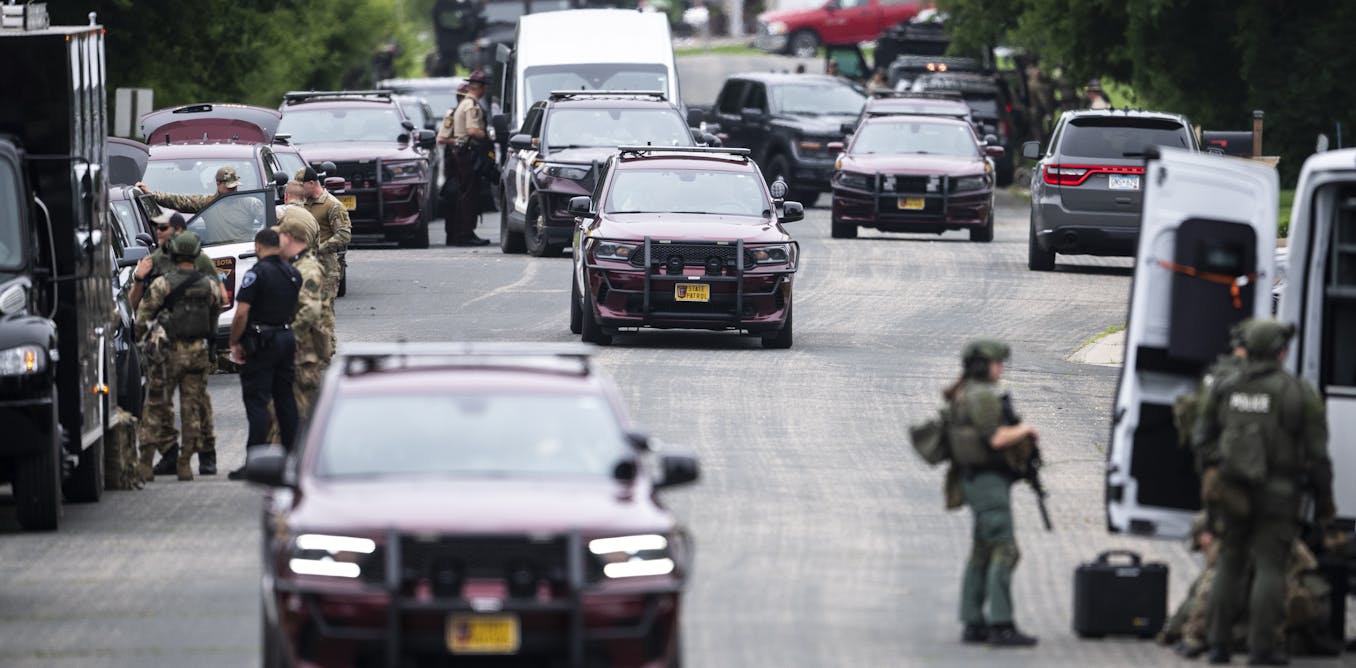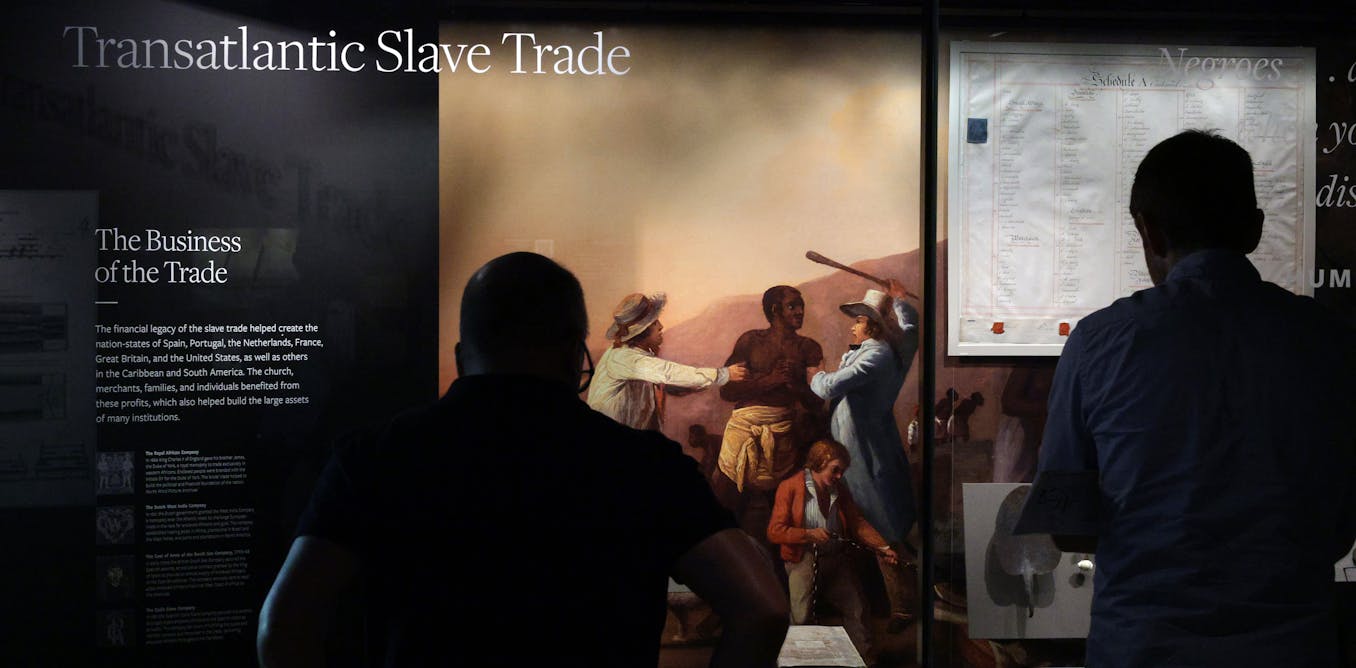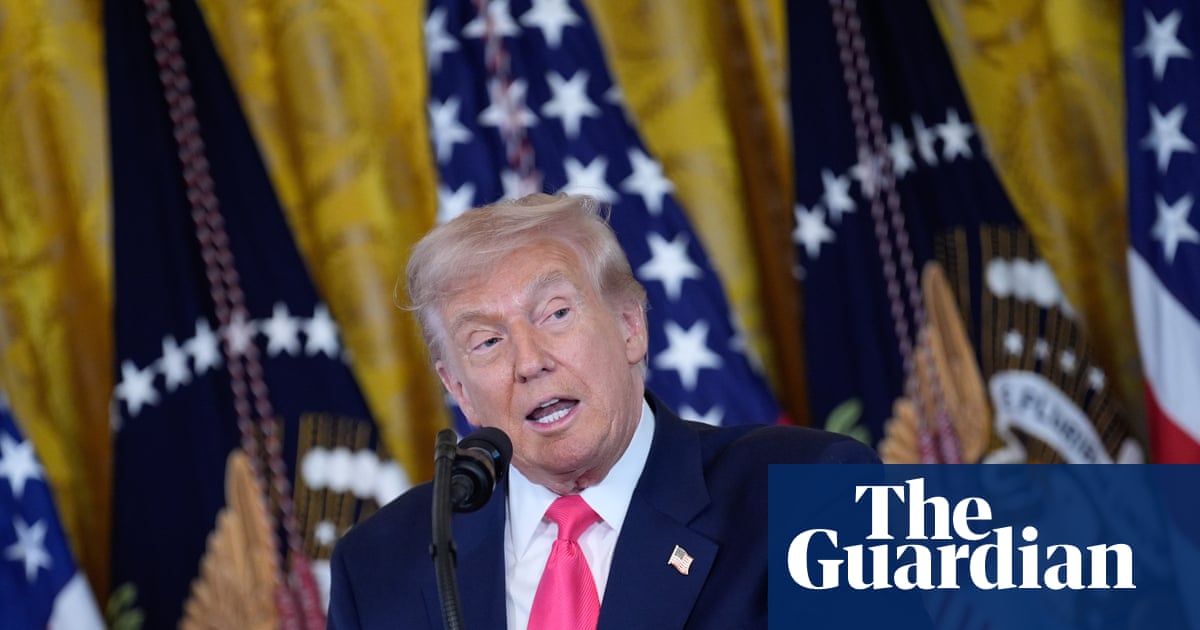Of all the reasons Americans have been losing sleep recently – hunger, canceled flights, Democrats betraying them – the most ominous has to do with an institution usually absent from discussions about the fate of our democracy: the military. No need to be starry-eyed about US imperialism and what has long been criticized as an ever-expanding “national security state”; one can still appreciate that it is a good thing if generals do not take sides in politics – just ask anyone from the many countries around the world where they do. But a pattern is becoming clear: Donald Trump is purging the higher ranks based on his prejudices and demands for loyalty; the military is being turned into a partisan instrument and a political prop; more dangerous still, the president is instilling the logic of impunity that has come to characterize his entire approach to governance.
Figures deemed too close to Trump critics, such as general Mark Milley, have seen promotions delayed or canceled; those targeted by far-right influencers might face professional backlash. Trump used Maga-fied soldiers as background to a Fort Bragg speech, violating longstanding norms against instrumentalizing state institutions for partisan purposes. Every violation becomes a test of who will be loyal: critics – the potentially disloyal – will identify themselves.
With every illegal order, such as attacking boats in the Caribbean, he manages to have those who carry them out compromise themselves morally and potentially render themselves liable for criminal prosecution, thereby generating an incentive for members of the military to make sure Trumpists stay in power. At the same time, prominent pardons – most recently of those trying to steal the 2020 election – establish the promise of impunity. As plenty of observers have pointed out, under Trump, law will protect the Maga faithful but will not bind them; those declared the president’s enemies will be bound by the law, but not be protected by it. It is not an accident that Pete Hegseth’s first 15 minutes of fame consisted of passionate pleas on Fox to let those accused of war crimes go unpunished.
Hegseth has carried the primacy of the performative from TV into the Pentagon. Just think of his self-branding through dress and over-the-top speeches littered with alliterations – suggesting that words drive thinking, as opposed to thinking leading to choosing the right words (most prominently, there is “lethality” having to replace “legality”). The great 18th-century writer and feminist Mary Wollstonecraft drew a surprising parallel between stereotypes about women and a certain type of soldier in standing (and largely underemployed) armies. She observed that soldiers might acquire manners before morals: “Like the fair sex, the business of their life is gallantry. They were taught to please, and they only live to please.”
The point is not that Hegseth’s ideal soldiers are effeminate; rather, it is that the song and dance about a “warrior ethos” is pure made-for-TV-affectation, as if hand-to-hand combat were the essence of 21st-century warfare. Central Command becomes subject to the logic of “central casting” (Trump’s own words when looking at the officers Hegseth assembled in Virginia in September). The Prussian general Carl von Clausewitz’s memorable dictum that war is the continuation of politics by other means is replaced with something like “war is the continuation of fitness and fashion by other means” (as Hegseth made it a priority to remove personnel deemed fat).
Yet sending soldiers into Democratic cities should not be dismissed as purely performative. It serves to normalize the image of soldiers on the street; it blurs the distinction between military and civilian life, and, as the Israeli scholar Avishay Ben Sasson-Gordis has argued, it sends a message that citizens can be treated as enemies. In the process, it is also becoming increasingly unclear which uniformed personnel belongs to which unit and who is really authorized to do what, since the Pentagon and homeland security are explicitly encouraged to be in “lockstep” as part of a shared “homeland mission”. Trump is merging everyone into something the political scientist Dan Moynihan terms the “omniforce”, the kind of omnipresent army, combined with what James Madison called an “overgrown executive”, which the American founders rightly dreaded.
after newsletter promotion
The effect is twofold: impunity is made more likely, since those who cannot be identified will not be held accountable, and the omniforce will feel like Trump’s personal creation and loyal guard (as one investigation revealed, at least six of Trump’s political appointees now live in military housing). The image of Trump as padrone was reinforced by his trying to grab funds appropriated by Congress for other purposes in order to pay soldiers during the shutdown – not to speak of having a pro-regime oligarch fund the military with private wealth. Other aspiring autocrats have made similar moves, though at a much smaller scale: Viktor Orbán has instituted a special counter-terror unit, headed by his former bodyguard and aide, that is widely seen as primarily loyal to the Hungarian prime minister.
Many remember the great democratization wave of the 1970s and 1980s, forgetting how easily things might have turned out differently. We are often oblivious to how critical the role of the military was in transitions to democracy. Not only because juntas were willing to relinquish power but also because individuals made the right moral choice. Augusto Pinochet, after losing a plebiscite in 1988, had been ready to declare an emergency and keep himself in power by force. One general, Fernando Matthei, rejected the plan and told journalists that Pinochet had lost the plebiscite. The US is not Chile, but the question of what those in uniform will do in pivotal moments for democracy is, alas, becoming more relevant by the day.
-
Jan-Werner Müller is a Guardian US columnist and a professor of politics at Princeton University

 German (DE)
German (DE)  English (US)
English (US)  Spanish (ES)
Spanish (ES)  French (FR)
French (FR)  Hindi (IN)
Hindi (IN)  Italian (IT)
Italian (IT)  Russian (RU)
Russian (RU)  3 hours ago
3 hours ago























Comments